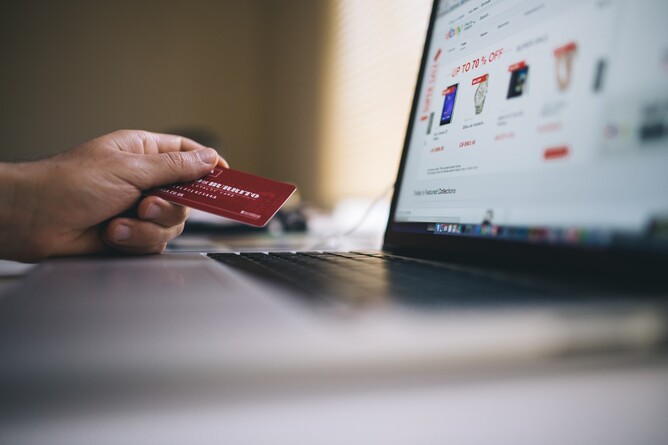The internet has enriched our lives - providing us with information at our fingertips and creating connections with others. If these last few years have done nothing else, they’ve proven just how much we rely on the internet - from banking and online education to shopping and working remotely. Our kids have access. We have access and our elderly have little choice but to embrace the digital world. Our finances are also intrinsically linked into online platforms with our everyday banking, KiwiSaver, share purchasing and portfolio investments all primarily accessible via online platforms. But because the internet has become so embedded in our lives, we are running a gauntlet every time we log on.
Each year, millions of people the world over, fall victim to cybercrime. In fact, identity theft and financial cybercrime losses amount to billions of dollars worldwide. At NZAG we’re all about helping our customers grow their wealth, not lose it, so we are huge advocates for keeping our clients and their finances safe in a digital landscape.
What are some of the potential dangers of the internet?
From invasion of privacy, identity theft, phishing, online scams, economic abuse, malware, spyware and financial crime, no internet user is exempt from falling prey to cybercrimes. While some people use the internet for good, there are others who use it to con and defraud and the sheer number of victims brings to light the vulnerability associated with internet use.
What can I do to avoid becoming a victim?
Ensure your security software is up to date and your devices are secure. Your web browser, and operating system should be properly defended against viruses, malware, and other online threats. Make sure they are updated regularly as the newest versions become available.
Be careful when setting your passwords. Make sure you set strong, unique ones that aren’t obvious (avoid birthdate, address combinations, last name, etc.) and won’t be easily guessed by a third party. Mix in some letters (upper and lower case), numbers, and special characters for the best results. Remember that our passwords are the key to protecting our identity and personal information so don’t take shortcuts. This is particularly the case for your banking passwords. Ensure that you don’t use your banking password for any other platform to help keep your finances as secure as possible.
Watch out for phishing scams. These involve tricking users to disclose personal private information by using fraudulent emails and websites. It’s important you do not click on links or open any attachments or pop-up screens from sources unfamiliar to you.
If you receive an email from a courier company or bank, always check the email address that it’s been sent from – this is often a surefire way to identify if you’re being tricked.
Be sure to secure your internet connection. Make sure you protect your home network with a strong password. Be careful of the information you are sending while connected to public Wi-Fi networks.
With millions of dollars spent daily shopping online, it is important you know how to shop safely. Check for the security of the website technology. One way of doing this is when you get to the checkout screen, be sure to verify that the web address has a little locked padlock symbol next to it. Also, ensure that the website has a privacy policy (you can usually find this in the footer of the website). This is all part of checking a website’s reliability.
If you do fall victim to a credit card scam thanks to shopping online, make sure you contact your bank as soon as you realise what’s happened so that their fraud team can take action.
Remember, no matter how savvy we think we are, anyone can fall victim to cybercrime so stay alert and mindful when you’re online. If you have elderly parents or children, remember that they may be even more vulnerable. Help educate them on the risks and what they can do to avoid them and, where appropriate, keep an eye on their internet use so you can raise the alarm if you see something untoward.

